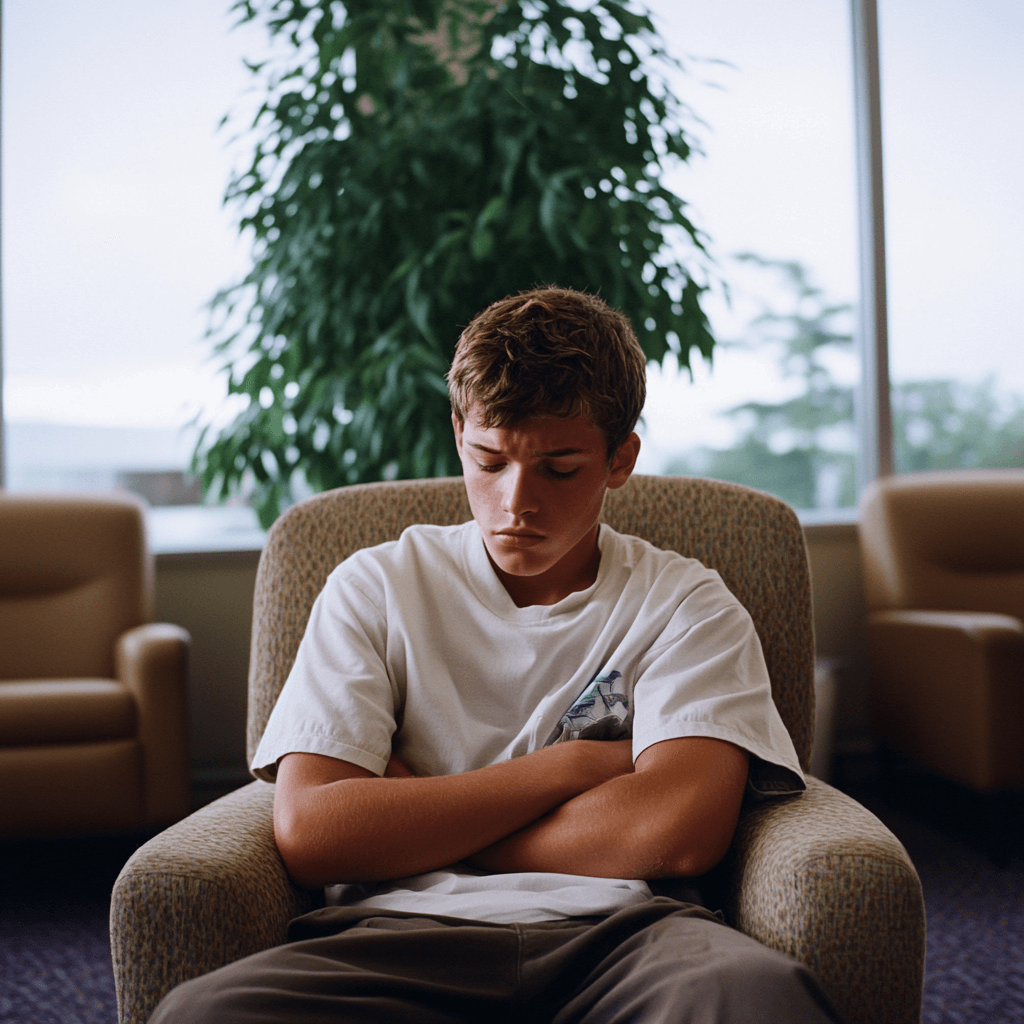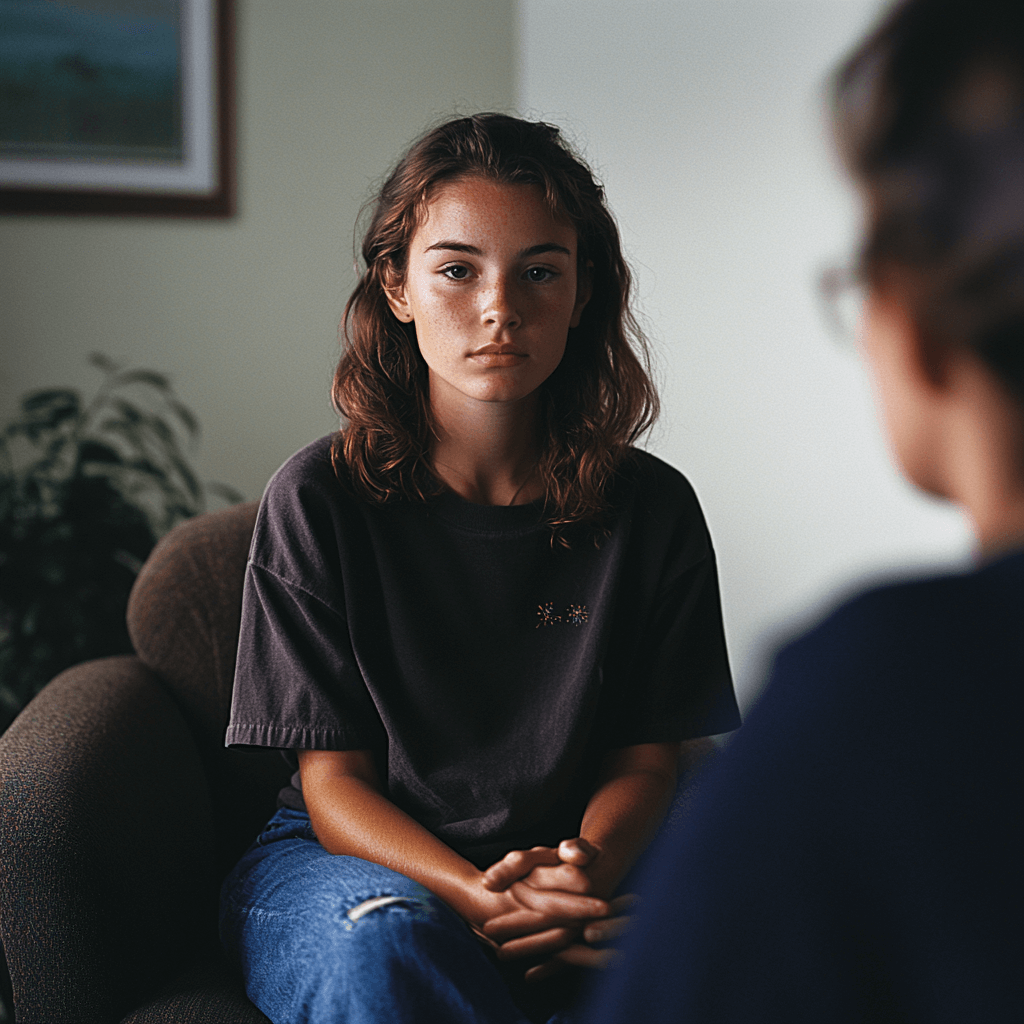What is Alcoholic Neuropathy
Alcoholic neuropathy is damage to the nerves that results from excessive drinking of alcohol. The exact number of people affected by this condition is not known, but studies have shown that up to 66% of patients with chronic alcohol use disorder may have some form of the disease. The cause is multifactorial, from both nutritional deficiencies and alcohol metabolism’s direct toxic effects on neurons.
Because of the diverse effects of alcohol on the body, these patients should be managed by an interprofessional team. The management of alcoholic neuropathy is not satisfactory. The treatment rests on abstinence from alcohol and the replacement of key nutrients. Unfortunately, patient compliance is poor and the condition often progresses leading to poor quality of life. Even in patients who quit alcohol, residual neuropathy is common. [1]
Peripheral Neuropathy Alcohol
Your peripheral nerves help your body manage important sensory and motor functions including:
- Bowel and urinary elimination
- Walking
- Sexual arousal
- Arm and leg movement
- Speech

Alcoholic neuropathy is the result of damage to these nerves. The damage may be the direct result of long periods where you drank too much alcohol. Nutritional problems linked to alcohol use, such as vitamin deficiency, can also cause nerve damage.
Causes of Alcoholic Neuropathy
In general, it takes years for alcoholic neuropathy to develop, so a long-standing history of heavy alcohol use is typical. Some people experience a faster onset and progression of alcoholic neuropathy than others. It’s not completely clear why some people are more prone to this complication than others.
Alcoholic neuropathy is also caused by nutritional deficiency, as well as toxins that build up in the body. Alcohol decreases the absorption of nutrients, such as protein and vitamin B12, causing significant deficits that affect many areas of the body, including the nerves.
Alcohol also alters the function of the stomach, liver, and kidneys in ways that prevent the body from properly detoxifying waste material, which then builds up and harms many regions of the body, including the nerves.
Nerve damage typically affects the axons, which are the projections that send electrical signals from one nerve to another, as well as the myelin, which is the fatty coating that protects the nerves.
How Much Alcohol Causes Neuropathy
Both the toxicity of alcohol and nutritional deficiencies in those who drink heavily have been linked with the nerve pain in alcoholic neuropathy.

Alcoholic neuropathy is one of the most common but least recognizable consequences of heavy alcohol use. People with a long history of alcohol misuse might experience pain, tingling, weakness, numbness, or loss of balance as a result of alcoholic neuropathy.
Alcoholic Neuropathy Symptoms
Alcoholic neuropathy can affect both movement and sensation. Symptoms range from slight discomfort to major disability. Although the condition is not life-threatening, it can decrease your quality of life.
What Does Alcoholic Neuropathy Feel Like?
Some areas of the body affected by alcoholic neuropathy include:
Arms and Legs
- Numbness
- Tingling and burning
- Prickly sensations
- Muscle spasms and cramps
- Muscle weakness and atrophy
- Loss of muscle functioning
- Movement disorders
Changes in muscle strength or sensation usually occur on both sides of the body and are more common in the legs than in the arms. Symptoms usually develop gradually and become worse over time.
Urinary and Bowel
- Incontinence
- Constipation
- Diarrhea
- Problems starting urination
- Feeling that the bladder hasn’t been emptied fully
Other
- Sexual dysfunction
- Impotence
- Impaired speech
- Difficulty swallowing
- Heat intolerance, particularly following exercise
- Vomiting and nausea
- Dizziness or lightheadedness
Call your doctor if you have neuropathy symptoms. Early diagnosis and treatment make it more likely that you will be able to recover.
Exams & Tests
The health care provider will perform a physical exam and ask about symptoms. An eye exam may show eye problems. [2]
Excessive alcohol use often makes the body unable to use or store certain vitamins and minerals. Blood tests will be ordered to check for a deficiency (lack) of:
- Thiamine (vitamin B1)
- Pyridoxine (vitamin B6)
- Pantothenic acid and biotin
- Vitamin B12
- Folic acid
- Niacin (vitamin B3)
- Vitamin A
Other tests may be ordered to rule out other possible causes of neuropathy. Tests may include:
- Electrolyte levels
- Electromyography (EMG) to check the health of the muscles and the nerves that control the muscles
- Liver and kidney function tests
- Thyroid function tests
- Levels of vitamins and minerals in the body
- Nerve conduction tests to check how fast electrical signals move through a nerve
- Nerve biopsy to remove a small piece of a nerve for examination
- Upper GI and small bowel series
- Esophagogastroduodenoscopy (EGD) to examine the lining of the esophagus, stomach, and first part of the small intestine
- Voiding cystourethrogram, an x-ray study of the bladder and urethra
Alcoholic Neuropathy Age
Alcohol is one of the most commonly used substances in the world. Among patients with chronic alcohol use disorder, neuropathy is the most common harmful sequelae. It is estimated that in the United States 25% to 66% of chronic alcohol users experience some form of neuropathy; however, the true incidence in the general population is unknown. The majority of patients were middle-class, working men and continuous drinkers were more affected than episodic drinkers. Parental family history is a risk factor for developing this condition. Women are more likely to develop alcohol polyneuropathy and suffer from a more rapid onset and greater severity. [3]
In general, it takes years for alcoholic neuropathy to develop, so a long-standing history of heavy alcohol use is typical. Most patients diagnosed with alcoholic neuropathy are aged 40-60 years.
Alcoholic Neuropathy Death
The expected percentage of survival for each of the groups was 94%, 91%, and 88% respectively. The results suggest that evidence of vagal neuropathy in chronic alcoholics is associated with significantly higher mortality than in the general population and that deaths due to cardiovascular disease are a major cause.
You can avoid alcoholic neuropathy by:
- Avoiding excessive drinking of alcohol
- Not drinking alcohol if you have symptoms of alcoholic neuropathy
- Seeking help if you are having trouble avoiding alcohol
- Eating a healthy and balanced diet
- Taking vitamin supplements if you have deficiencies (always talk to your doctor before taking supplements)
Alcoholic Neuropathy Treatment
The most important thing you can do to treat this condition is to stop drinking. Treatment may first focus on problems with alcohol use. For some people, this may require inpatient rehab.
Once alcohol use has been addressed, your doctor can focus on the neuropathy itself. Symptom management is important. Nerve damage can also make it difficult for you to carry out the functions of daily life. Nerve damage may even make injuries more likely.
Every person’s needs are different. Treatment for neuropathy may involve one, or many, different types of care. These include:
- Vitamin supplements to improve nerve health (folate, thiamine, niacin, and vitamins B6, B12, and E)
- Prescription pain relievers (tricyclic antidepressants and anticonvulsants)
- Medication for people with problems urinating
- Physical therapy to help with muscle atrophy
- Orthopedic appliances to stabilize extremities
- Safety gear, such as stabilizing footwear, to prevent injuries
- Special stockings for your legs to prevent dizziness
Treatment should be focused on therapy to stop alcohol abuse. The overall prognosis is favorable. Abstinence for several months up to a few years has shown both clinical examination and electroneurographic improvements, with most patients showing complete regain of function. Additional treatment includes replacing nutrients such as thiamine, vitamin-B12, and folic acid. Psychiatry referral, alcohol abstinence abuse programs, and support groups have shown favorable ways to help patients recover from alcohol use disorder. Physical therapy and occupational therapy can play a role in supporting the patient as they regain movement and perform everyday functions.
Once the alcohol problem has been addressed, treatment goals include:
- Controlling symptoms
- Maximizing ability to function independently
- Preventing injury
- It is important to supplement the diet with vitamins, including thiamine and folic acid.
Physical therapy and orthopedic appliances (such as splints) may be needed to maintain muscle function and limb position.
Medications may be needed to treat pain or uncomfortable sensations. People with alcoholic neuropathy have alcohol use problems. They will be prescribed the smallest dose of medication needed to reduce symptoms. This may help prevent drug dependence and other side effects of chronic use.
The positioning or the use of a bed frame that keeps the covers off the legs may help reduce pain.
People with lightheadedness or dizziness when standing up (orthostatic hypotension) may need to try several different treatments before finding one that successfully reduces their symptoms. Treatments that may help include:
- Wearing compression stockings
- Eating extra salt
- Sleeping with the head elevated
- Using medicines
Bladder problems may be treated with:
- Manual expression of urine
- Intermittent catheterization (male or female)
- Medicines
Impotence, diarrhea, constipation, or other symptoms are treated when necessary. These symptoms often respond poorly to treatment in people with alcoholic neuropathy.
It is important to protect body parts with reduced sensation from injury. This may include:
- Checking the temperature of bath water to prevent burns
- Changing footwear
- Frequently inspecting the feet and shoes to reduce injury caused by pressure or objects in the shoes
- Guarding the extremities to prevent injury from pressure
Alcohol must be stopped to prevent the damage from getting worse. Treatment for alcoholism may include counseling, social support such as Alcoholics Anonymous (AA), or medications.
What is Alcoholic Neuropathy Infographic
The illustration depicts the damaging effects of alcoholic neuropathy on the nervous system. This condition, caused by excessive alcohol consumption, affects the nerves, potentially impacting up to 66% of individuals with chronic alcohol use disorder. While the exact number of those affected remains unclear, studies reveal a significant prevalence. The illustration visualizes the multifactorial causes, highlighting both the nutritional deficiencies triggered by alcohol abuse and the direct toxic effects of its metabolism on nerve cells.

Embed the above “Alcoholic Neuropathy Symptoms” Infographic to your Website. This infographic is provided by the We Level Up Addiction Treatment Center team. To use the above infographics, you agree to link back and attribute its source and owner at https://weleveluptx.wpengine.com/alcoholic-neuropathy/
Alcoholic Neuropathy Symptoms image link: https://weleveluptx.wpengine.com/wp-content/uploads/2024/01/Alcoholic-Neuropathy-Symptoms-1024×1024.jpg

Embed the above “Alcoholic Neuropathy Death” Infographic to your Website. This infographic is provided by the We Level Up Addiction Treatment Center team. To use the above infographics, you agree to link back and attribute its source and owner at https://weleveluptx.wpengine.com/alcoholic-neuropathy/
Alcoholic Neuropathy Death image link: https://weleveluptx.wpengine.com/wp-content/uploads/2024/01/Alcoholic-Neuropathy-Death-1024×1024.jpg
We Level Up TX Treatment Center
We Level Up TX is a renowned treatment center that applies evidence-based treatment modalities along with holistic programs to improve client recovery outcomes. Combining traditional elements of SUD treatment, including supervised medical recovery coupled with intensive behavioral rehab. Offering cutting-edge advanced therapies, We Level Up is an accredited dual diagnosis mental health care provider. Fully integrating co-occurring conditions into our programs. We provide a world-class comprehensive continuum of care through each stage of the treatment process. Our top-notch doctors, therapists, and counselors leverage the power of science to help clients succeed in rehab recovery.
We provide best-in-class treatment in multiple locations, with amenities and activities designed to reinforce recovery success metrics. Each client receives lifetime alumni support post inpatient treatment along with family resources to help maintain recovery momentum, even once they depart our treatment facilities. Our teams of highly trained professionals are dedicated to each client’s success.
What We Can Do
If you think that someone you love struggles with alcoholic neuropathy, you must try to get them help. And although it can be tough to come to terms with the fact that someone you love works with addiction, it can save their life. You may even resort to denial and look the other way when you see the warning signs. There’s also a chance that you have no idea how to get your loved ones the help they need, which is typical. One of the best ways to motivate your loved one to begin the road to recovery is through intervention.
Let us help you or your loved one today – call us here at We Level Up TX today for a free consultation.






